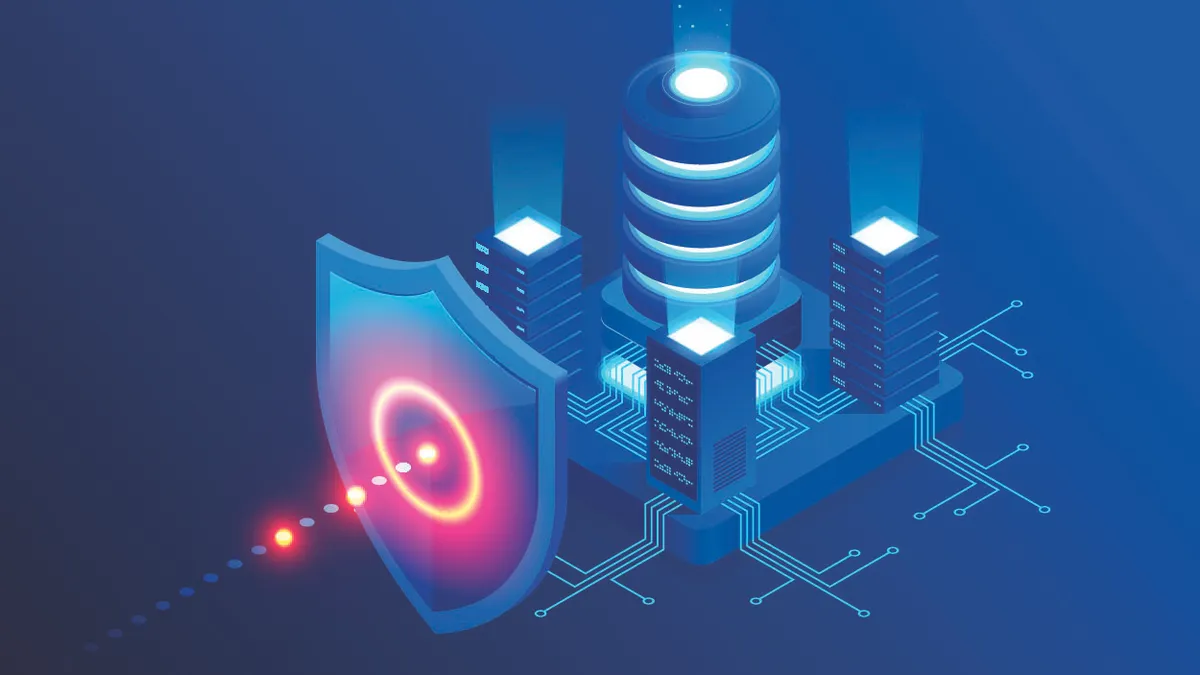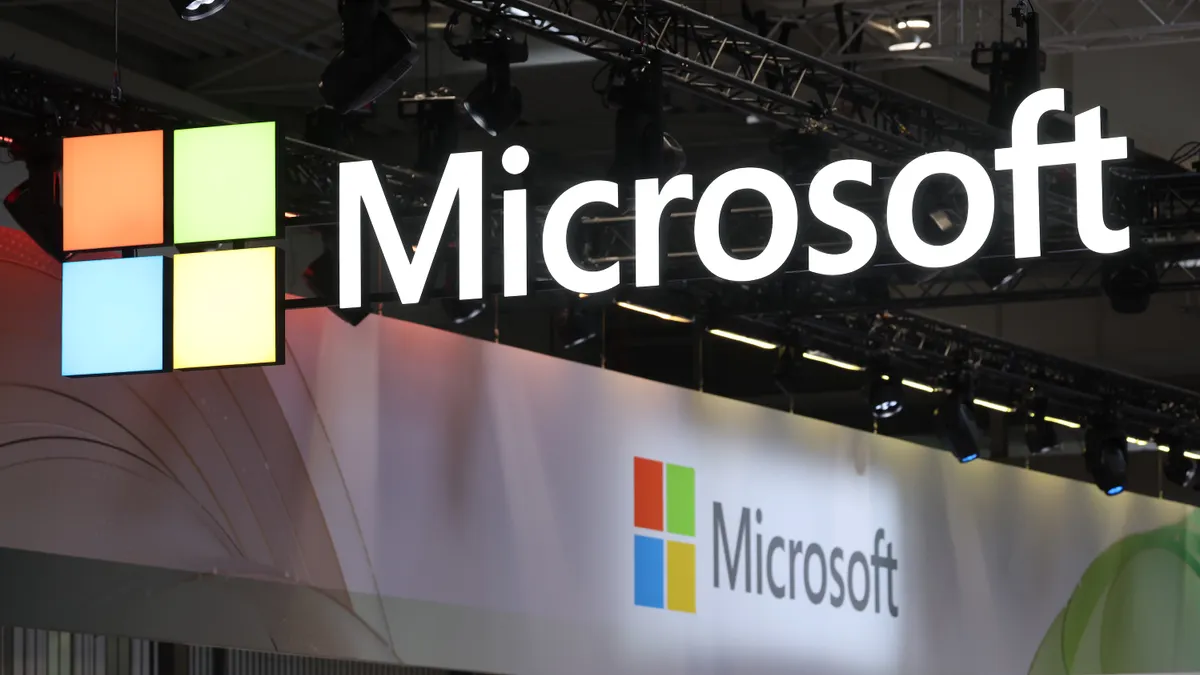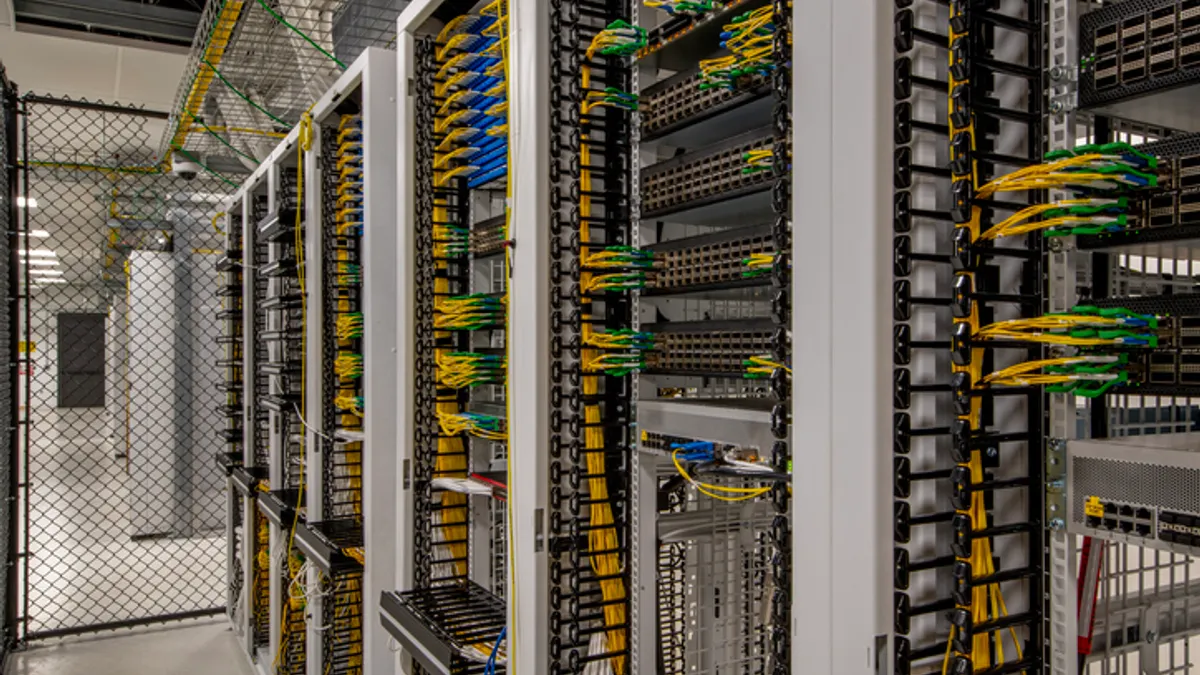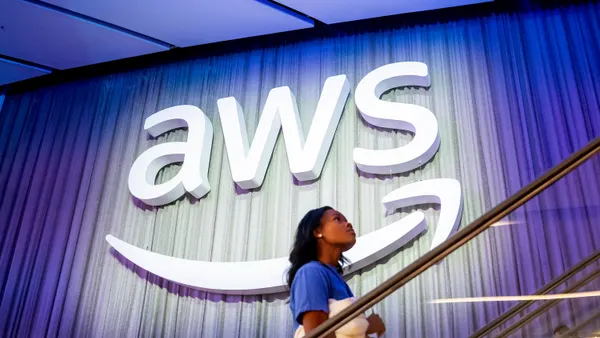Political divisiveness and sharply partisan politics have served as hallmarks of the 2016 U.S. presidential election. In the weeks leading up to the election, Democratic nominee Hillary Clinton and Republican nominee Donald Trump have battled it out on the issues for who will shape the next four years of policy and leadership.
The 2016 election, unlike any prior, is marked by an increased online presence, with major candidates taking to social media to expand on their platforms. Trump, in particular, has used social media platforms, especially Twitter, as a soapbox, expanding on his policy concerns and critique of the election cycle.
But with the increased online presence, an undercurrent of cybersecurity concerns have permeated the election cycle, with incidents such as hacks on the Democratic National Committee and concern over Clinton’s emails dominating the news cycle.
“The election’s already been dramatically influenced by online activity,” said Greg Mancusi-Ungaro, CMO at BrandProtect and a Ponemon Institute Fellow. “There’s no doubt that the election has already been influenced by cyber actors.”
WikiLeaks is a perfect example of influence from outside actors. “It’s about how strategically this information is being used,” said Mancusi-Ungaro. On the morning of the Democratic National Convention, WikiLeaks released more than 19,000 emails, many with attachments, from what it said were key figures in the DNC.
The trove of emails led to a quick media response, with DNC officials scrambling to respond. “Suddenly there’s this chaotic release of dirty linen,” and officials “have to go into damage control,” Mancusi-Ungaro said.
More than just data leaks impacting candidates, many are concerned about the actual integrity of election results. The U.S. Department of Homeland Security has helped all but two states evaluate voter registration and election systems for vulnerabilities. Ohio and Arizona have sought additional help.
But could the election actually be hacked with results impacted? For Mancusi-Ungaro, the cyber activity is more about casting doubt over potential election results.
He and Dylan Sachs, director of identity theft at BrandProtect, have closely followed the cybersecurity concerns about the election over the past year, writing about different cybersecurity implications for the election. The election serves an example for every CIO and CISO to really understand “how the game is being played at the highest level,” according to Mancusi-Ungaro.
Even though the doubt of election results may be the biggest threat, other cybersecurity concerns are at stake, from a physical hacking of voting machines to DDoS attacks on broadcast companies. Below are three cyberattacks that could impact Tuesday’s election.
Hacked voting machines
Every state and city has it’s own voting process. Some places have paper backups while others rely solely on electronic voting. Recently, cybersecurity firm Cylance showed how to hack a voting machine, changing both the Public Counter and the Protective Counter, which could change vote tallies.
But, as Mancusi-Ungaro pointed out, there is a “huge universe of machines,” with each one only processing between 500 and 1,000 votes in many cases. “The process of hacking the machines would be a phenomenally large attack.”
Though many of the machines are old, some of them creaky, they are not internet connected so a large scale attack would mean altering each machine individually.
Even if tallies were changed, it is easy to get suspicious over results, particularly in swing states where voters are constantly polled to assess their opinions about which candidate or issue they are leaning toward.
Creating election ‘chaos’
More than specific, targeted attacks, hackers could also work to “cause chaos on election night,” Mancusi-Ungaro said. This could be anything from taking the power down to messing with voting registration databases or causing electronic voting machines to read slow.
“The beauty of this strategy is it slows down the process and discourages people from voting,” Mancusi-Ungaro said. Any disruption won’t change the outcome of the vote so much as it will spark long lines and aggravation at polling stations, which can cause people to turn away without voting.
Though lines can be long during any election, extraordinarily long lines or fussy systems could mean outside actors are trying to shift the results. This would be particularly impactful if the demographics of the election could be altered.
“In a world where surveillance cameras can attack Dyn corporation, you start to understand the technical prowess of the hackers it at the very highest level,” Mancusi-Ungaro said. Luckily, the technologists managing the election process have a “pretty good idea” of how polling stations run smoothly.
DDoS attacks
DDoS attacks could cause major outages, like those seen against Dyn corporation, which caused large swaths of the internet to have sporadic service. Those same styles of attacks could be used against broadcast companies.
“Imagine if CNN, ABC, FOX, NBC and CBS were all compromised in an election night,” Mancusi-Ungaro said. That's “the scenario I fear the most.”
If there is a disruption in how the results are conveyed to the electorate because of large outages and sporadic network communication, whether the count is accurate or not, the impression is created that results were tampered with. That could “cause the American people to lose trust in the election,” Mancusi-Ungaro said.
Trump, in particular, has primed his supporters to doubt election outcomes, questioning results without trusting the democratic process. If there is at all a disruption during the tally, supporters could move to protest results if they’re not in their favor.
The election is absolutely being rigged by the dishonest and distorted media pushing Crooked Hillary - but also at many polling places - SAD
— Donald J. Trump (@realDonaldTrump) October 16, 2016
“The wheels have been greased for the public to cry foul,” Mancusi-Ungaro said. “We can thank a candidate for that.”
“It certainly seems like the stage is set for people to be on edge on Tuesday,” he said. “A little chaos can go a long way.”






















